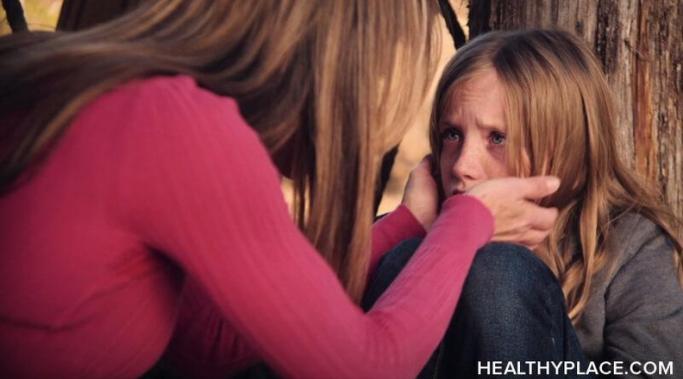It can be discouraging for many individuals to move away from and begin verbal abuse recovery once they realize the journey is not straightforward. Unlike overcoming other life obstacles, recovery from verbal abuse may present setbacks, leaving an individual with lost hope for a healthy relationship. Although the process may not be as simple as avoiding an abuser, it is possible to hold meaningful connections with others.
Disorders Resulting from Abuse
Leaving verbal abuse behind is hard. Verbal abuse can be traumatic for individuals of any age, regardless of how much exposure there is to this harmful behavior. Of course, each person is unique and will react in different ways when facing verbal abuse. These responses can determine how effective it is to leave verbal abuse behind and move toward a healthy and happy life.
Navigating verbal abuse is never ideal. This toxic behavior can alter how a person sees and trusts others and interacts in relationships. The amount of exposure to verbal abuse can drastically change a person's view or attitude toward themselves and others. This situation is one I'm familiar with since I can see now that verbal abuse has changed me.
If your childhood included kids teasing you, an adult might have explained that they teased you because they liked you. I'm not sure when affectionate teasing and verbal abuse evolved into a well-known sign that someone likes you, but it should stop.
The 2022 psychological thriller Alice, Darling, a movie showing emotional and verbal abuse, is another true-to-life scenario familiar to many individuals, unfortunately. This movie depicts a woman involved with an emotionally and verbally abusive partner, but she continuously explains his habits away as normal occurrences. The storyline displays how the verbal abuse dynamic can change an individual's personality and how they navigate everyday life.
Is forgiving verbal abuse even possible? Learning to heal from verbal abuse is a unique journey that won't be identical to someone else's path. Each person will go through a series of stages as they work through their past and move forward. Your idea of healing may also differ greatly from what someone else believes is necessary. So, can you forgive verbal abuse, and do you have to so you can move past it?
Verbal abuse can come from individuals of any age, including children. Unfortunately, the understanding that kids can be cruel is too common for many parents. So, why do children resort to verbal abuse to handle difficult situations? The answer could be due to learned behaviors or a developmental phase.
Verbal abuse can impact the way children view relationships and themselves. Sometimes parents exhibit verbally abusive behavior toward each other without involving the children as recipients. Although the kids may not receive any verbal abuse from their parents, this dynamic still profoundly affects children and how they develop into adults.
Navigating relationships can be confusing, especially with narcissistic behaviors like paperclipping -- being kept on the backburner -- from a partner. Are you the victim of paperclipping? Knowing what to look for can help you avoid hanging onto the idea of a potential relationship with no possibility of commitment.
Sometimes behaviors appear in relationships that can make you feel uneasy or confused. Breadcrumbing is one of these habits that may have you wondering if it is verbal abuse. If you haven't heard of this term before, it can be good to know what signs to look for and if the breadcrumbing is severe enough to classify it as verbal abuse.









